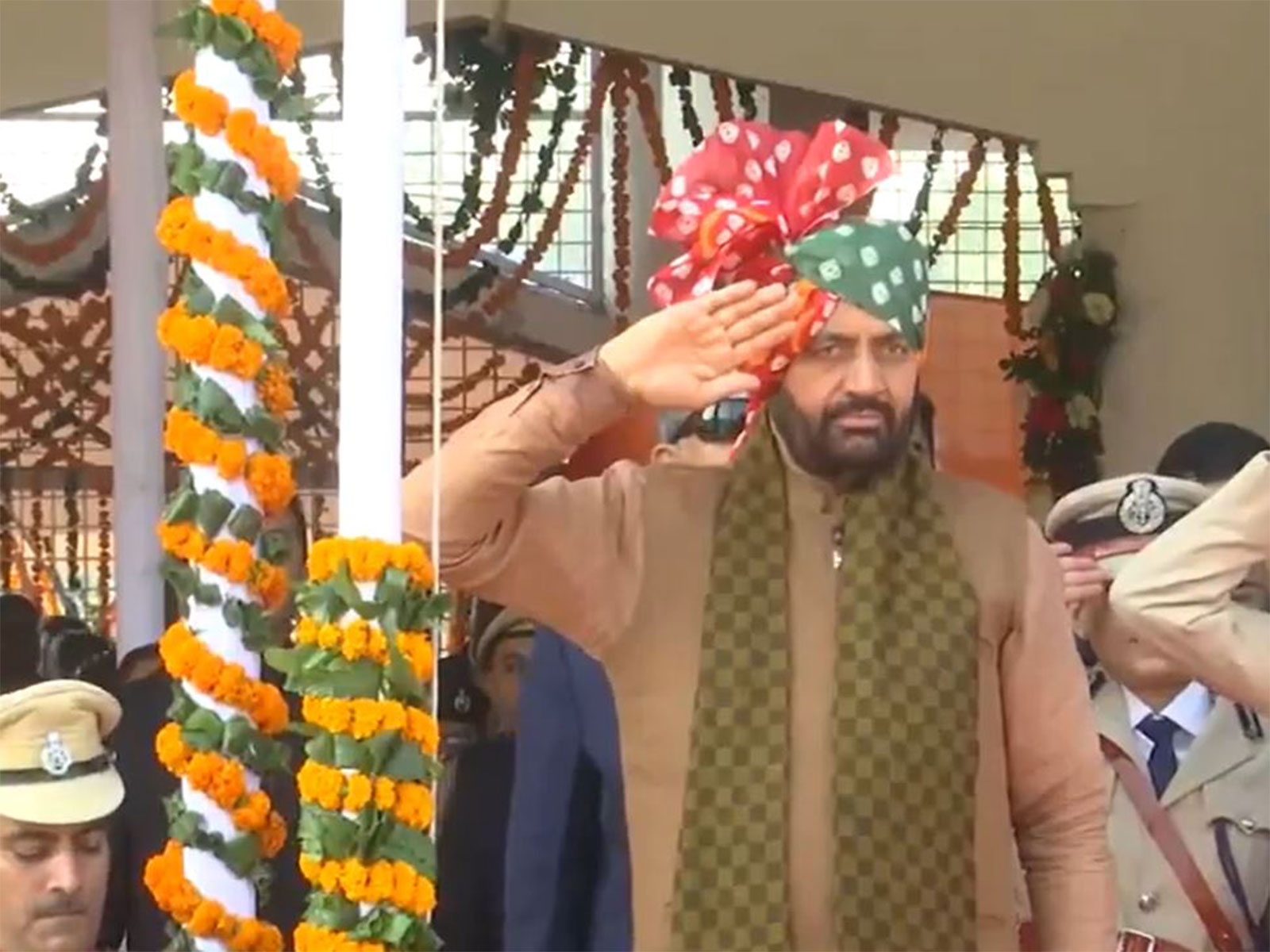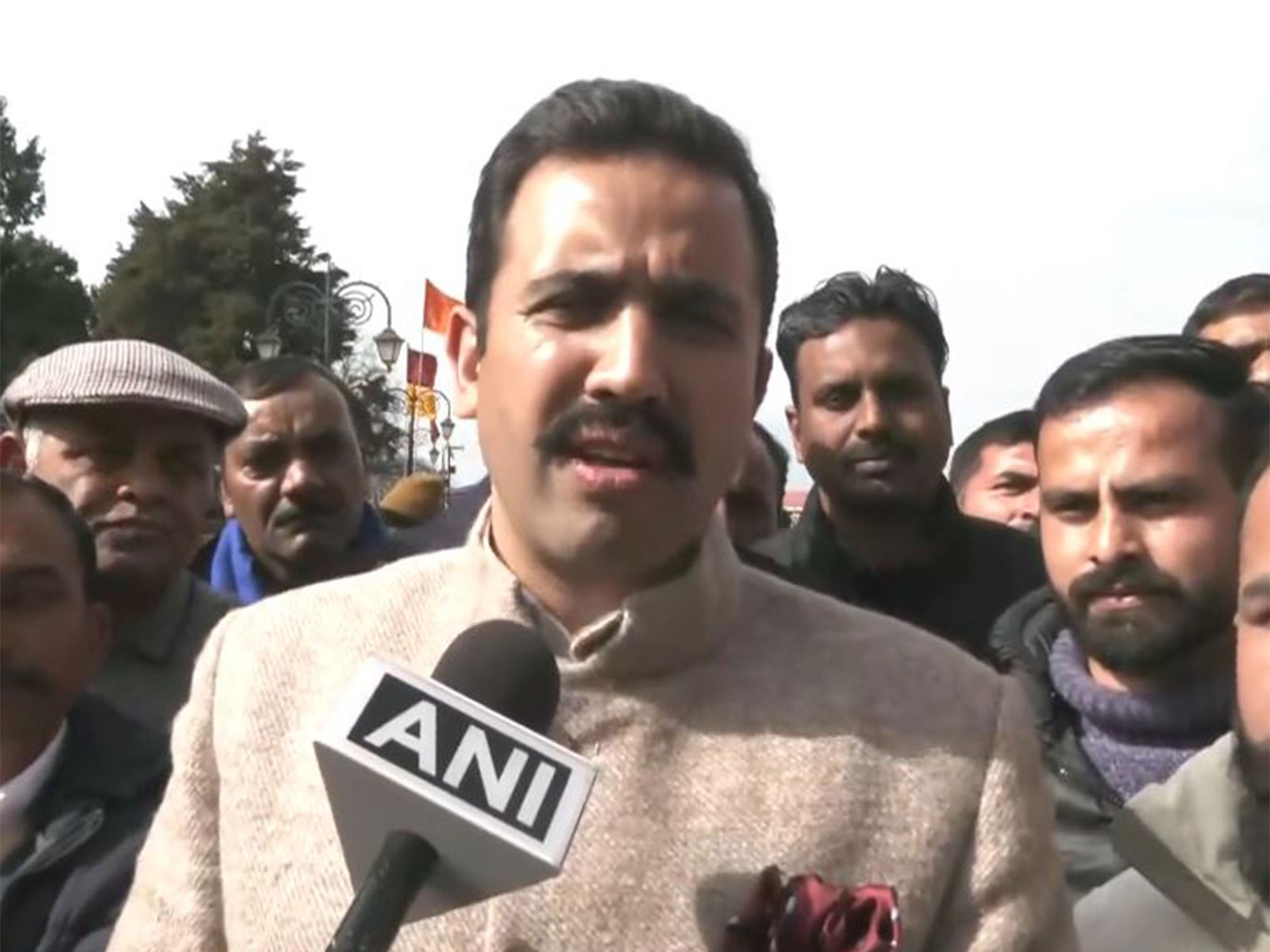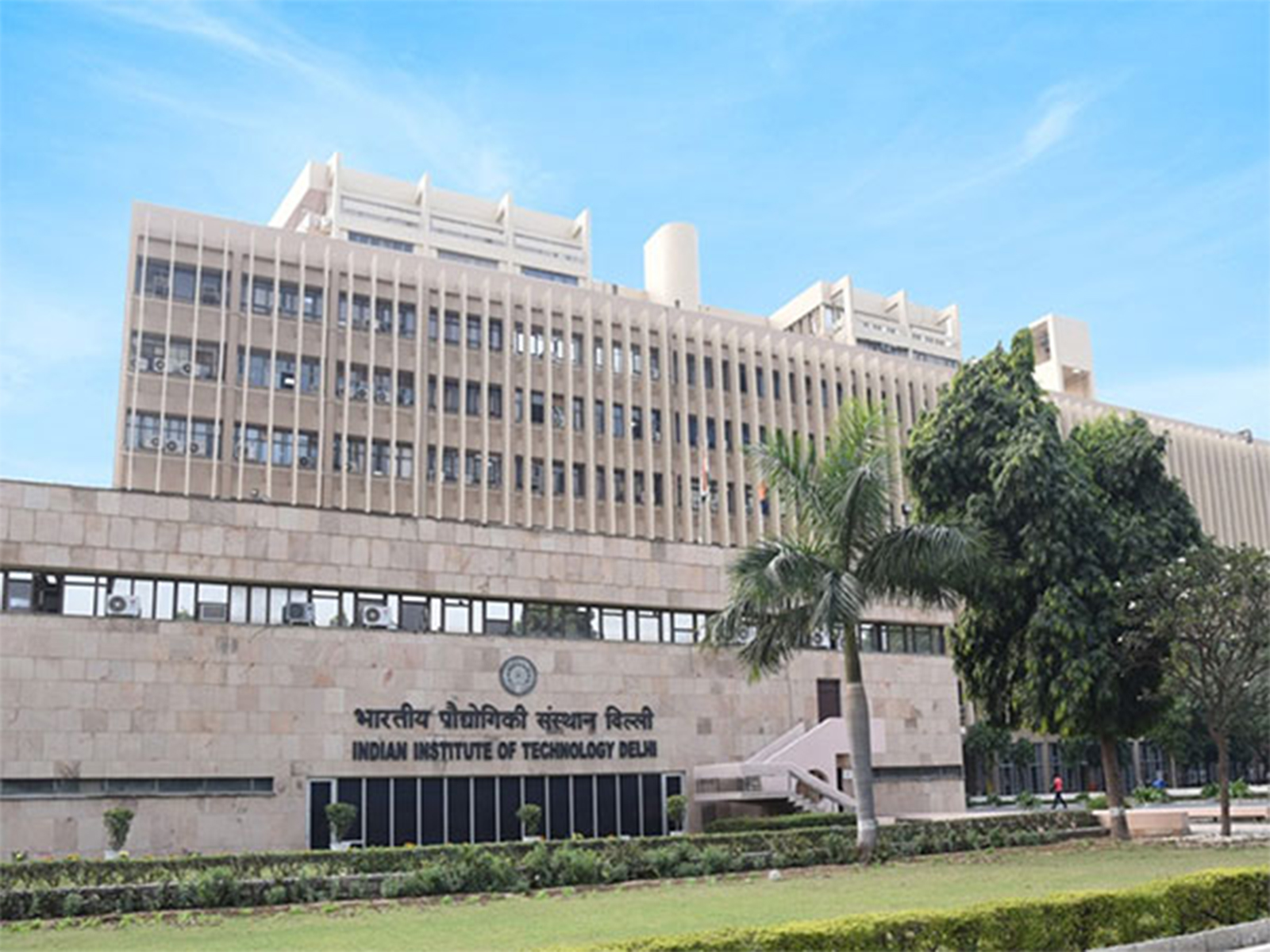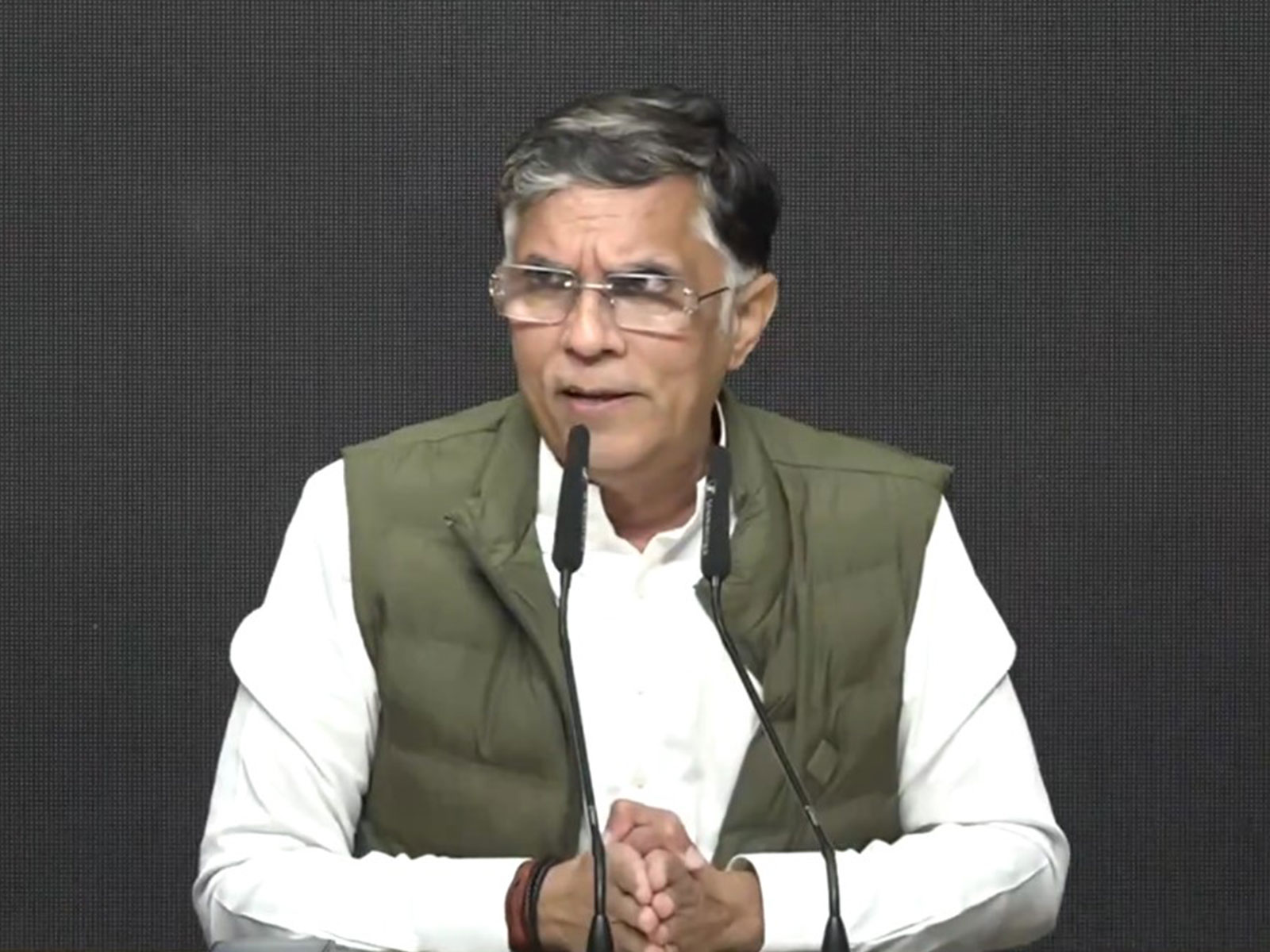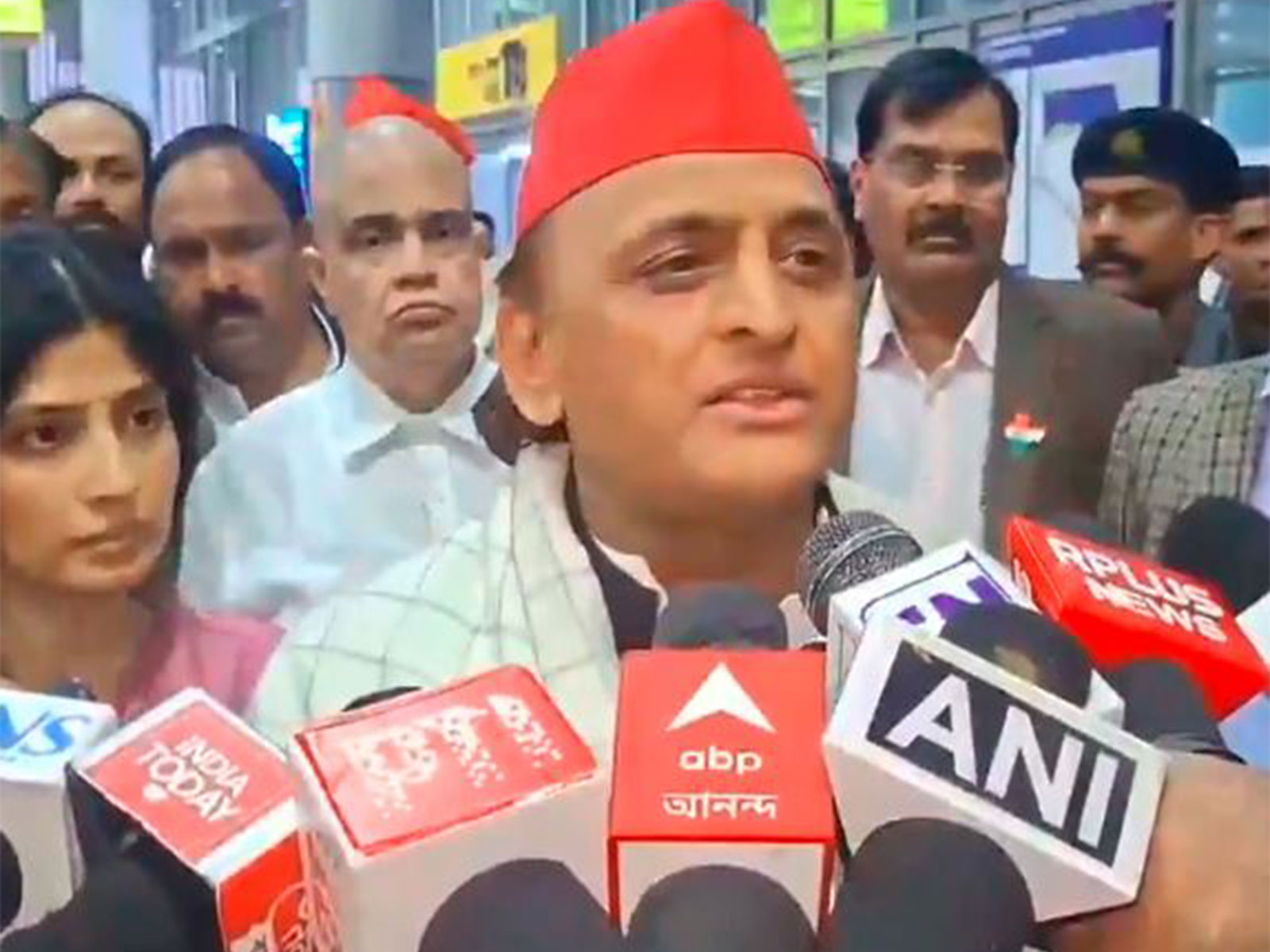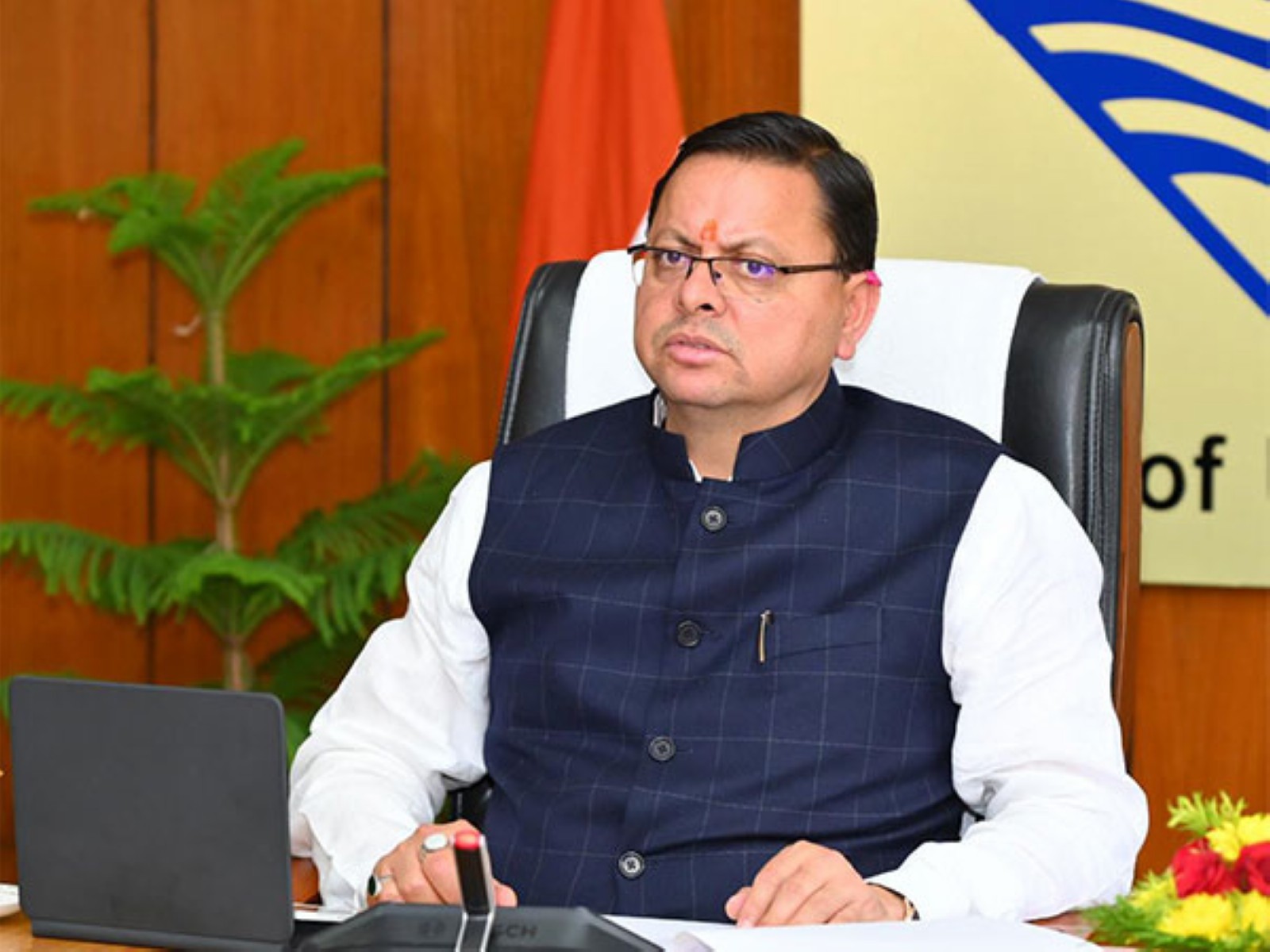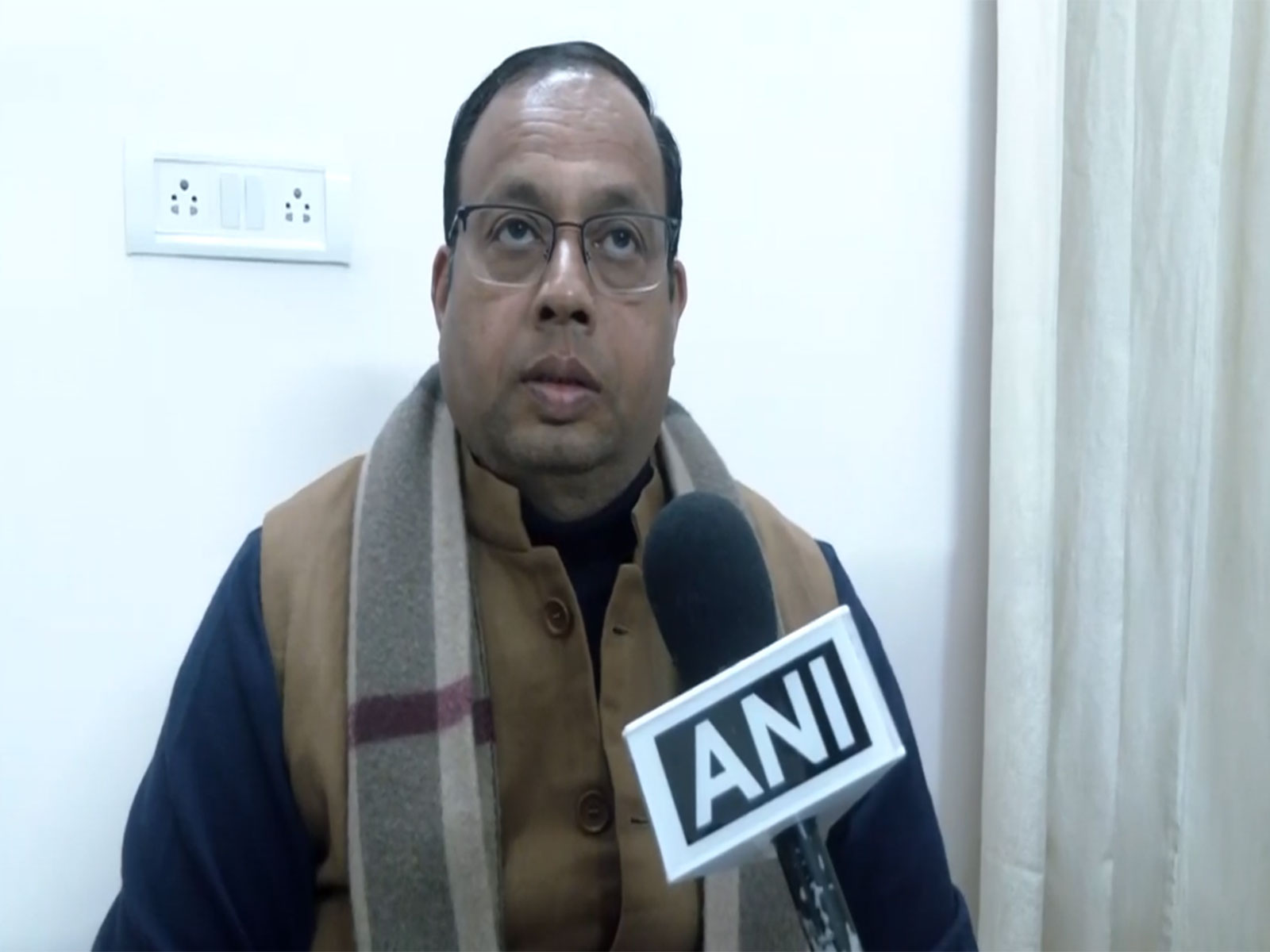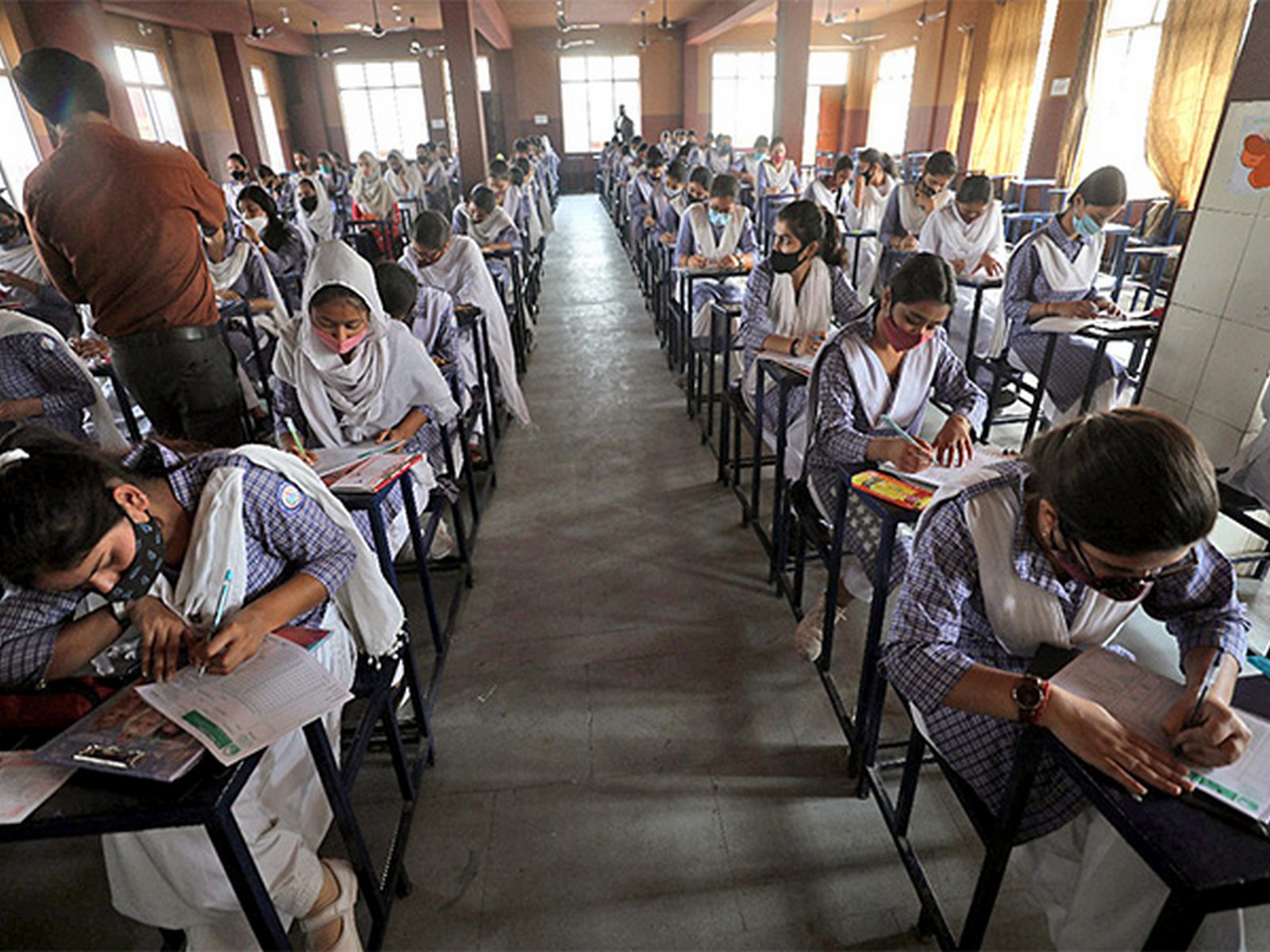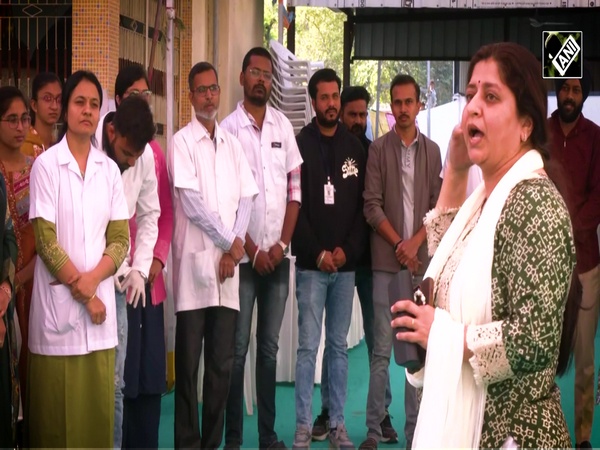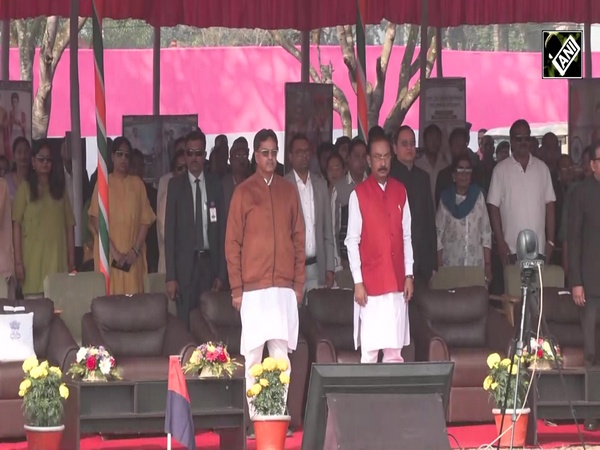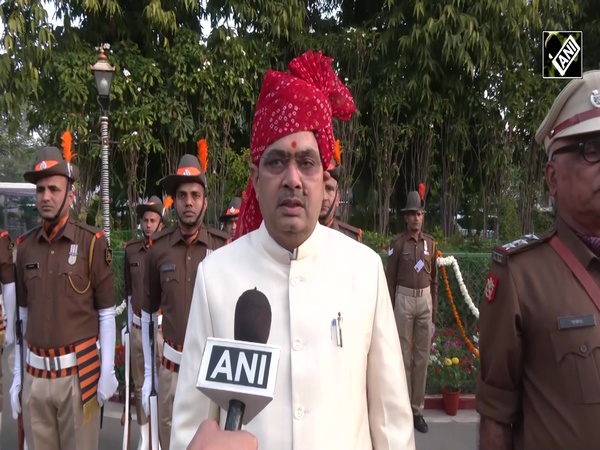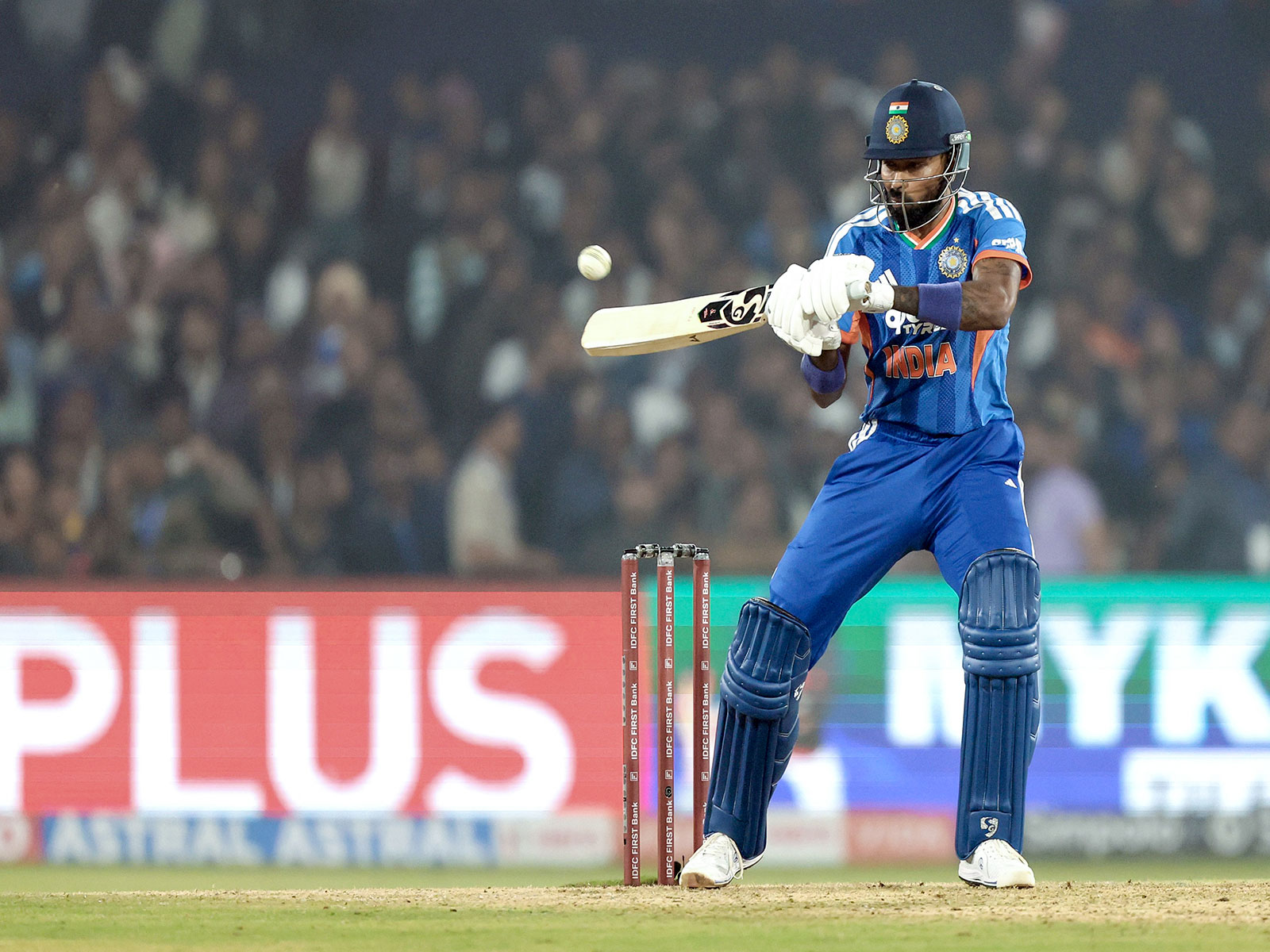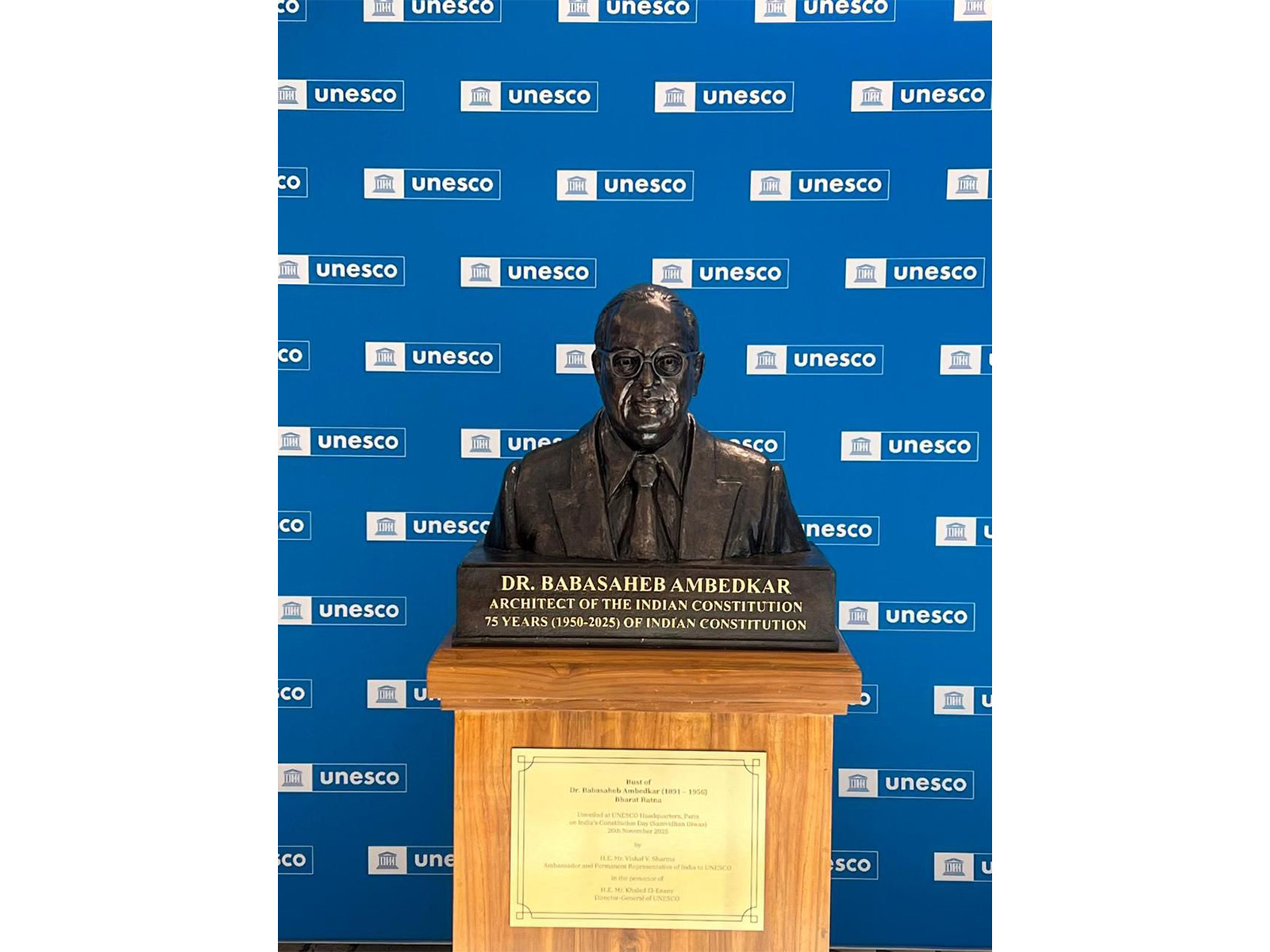
Dr Ambedkar's bust unveiled in Paris, PM Modi calls it a "fitting tribute"
Nov 26, 2025
New Delhi [India], November 27 : As India celebrated the adoption day of its Constitution on Wednesday, Prime Minister Narendra Modi prided on the unveiling of Babasaheb Ambedkar's bust at the UNESCO Headquarters in Paris.
The PM said that it was a "fitting tribute" to Dr Ambedkar and his role in making the Indian Constitution.
"It is a matter of immense pride that today, on Constitution Day, a bust of Dr Babasaheb Ambedkar was unveiled at the UNESCO Headquarters in Paris. This is a fitting tribute to Dr Ambedkar and his role in the making of our Constitution. His thoughts and ideals give strength and hope to innumerable people," PM Modi posted on X.
The PM marked Constitution Day on Wednesday with a letter to citizens, calling for increased focus on constitutional duties and wider participation in democratic processes.
Constitution Day is observed annually on 26 November to commemorate the adoption of the Constitution in 1949.
In his letter, Modi noted that the Union government declared 26 November as Constitution Day in 2015 to highlight the role of the Constitution in India's institutional framework. He referred to moments from 2014 and 2019 when he bowed at the steps of Parliament and placed the Constitution on his forehead, stating that these gestures reflected his regard for the document.
In his message, the Prime Minister recalled the work of the Constituent Assembly, chaired by Dr. Rajendra Prasad, and the Drafting Committee led by Dr BR Ambedkar. He also mentioned the contributions of women members of the Assembly.
Earlier, President Droupadi Murmu recalled the history of the drafting of the Constitution. She remembered Dr Babasaheb Ambedkar, who was the Chairman of the Drafting Committee, and praised his efforts in drafting India's supreme legal document.
The Constitution of India was adopted on November 26, 1949, and came into effect a few months later, on January 26, 1950. The document was extensively debated and agreed upon by the Constituent Assembly. The document established India as a "Sovereign, Socialist, Secular, Democratic Republic" with the aim of securing Justice, Liberty, Equality, and Fraternity for all citizens.
It is the longest written Constitution in the world, demarcating the separation of powers, structure of administration, courts and legislative departments for the country. The Constitution calls for adhering to constitutional supremacy.
